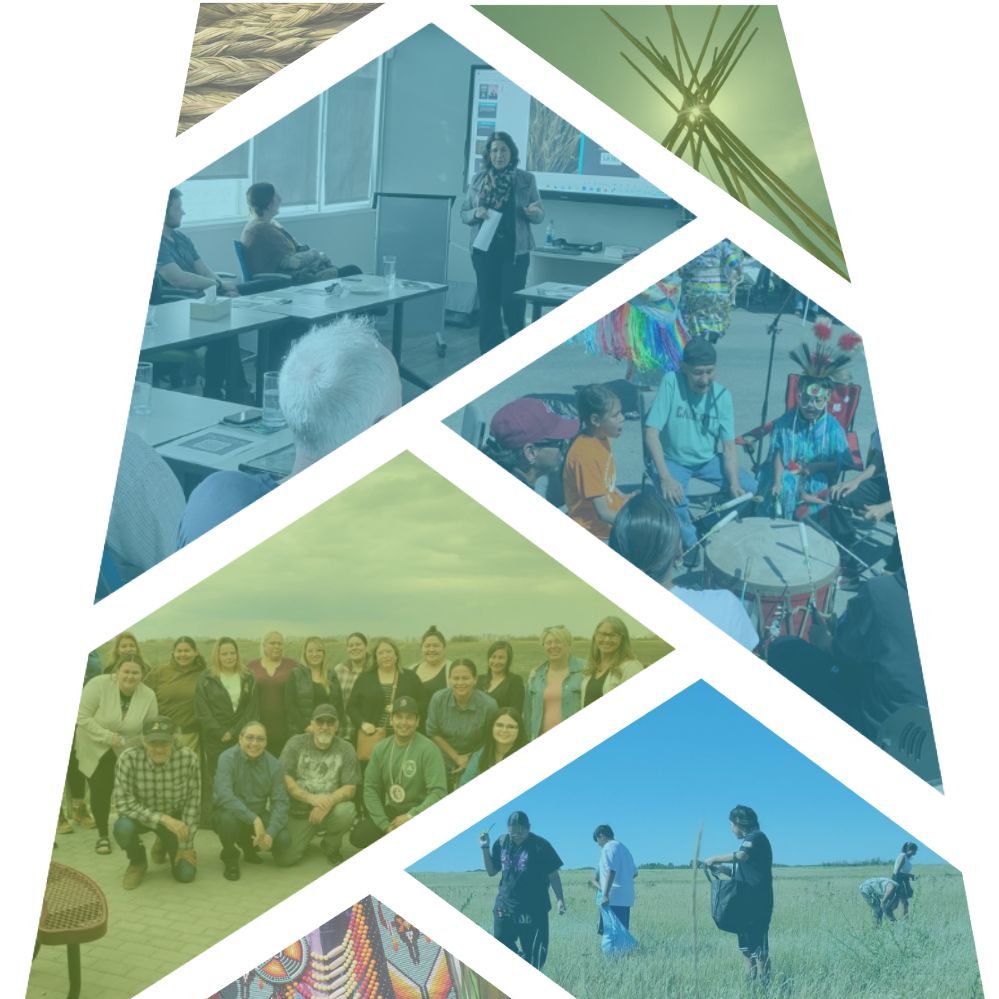At the Aboriginal Friendship Centres of Saskatchewan (AFCS), we believe that reconciliation isn’t just about policy or promises. It’s about taking action. Every training session, gathering, ceremony, and voice matters.
This year, at the United Nations Permanent Forum on Indigenous Issues (UNPFII), six key themes are being explored: education, culture, economic and social development, environment, human rights, and health. Over the next few days, we’ll share how Saskatchewan’s Friendship Centres are living out the spirit and intent of the United Nations Declaration on the Rights of Indigenous Peoples (UNDRIP) across each of these themes. Today, we’re focusing on education and culture.
Strengthening Education Through Cultural Humility
Education is at the heart of reconciliation. Through AFCS’s Cultural Humility Training program, we’ve hosted over 120 training sessions across Saskatchewan, engaging more than 70 organizations in meaningful learning and dialogue.
Cultural humility goes beyond cultural awareness or sensitivity. It’s an ongoing process of self-reflection, learning, and relationship-building. Our training invites participants on a journey to uncover their personal ties to the land, discover shared experiences, and better understand the diverse Indigenous Nations and histories across Saskatchewan. By learning about each other’s cultures, differences, and lived realities, participants gain a deeper understanding of how these histories continue to shape our everyday lives.
Designed for individuals, groups, and organizations, Cultural Humility Training offers a safe space to enhance self-awareness, build stronger relationships, and strengthen community connections. It’s a powerful professional development opportunity for anyone working with or alongside Indigenous Peoples.
Our sessions aim to create spaces where truth can be spoken and understood, and where reconciliation becomes more than just a word. It becomes a daily practice.
Learn more or sign up for training at www.sharingtheknowledge.com.
Rooted in Reconciliation
At AFCS, reconciliation is not a one-time event. It’s a commitment that guides our daily work. Every service we deliver, every program we run, and every relationship we build is informed by three foundational frameworks:
- The Truth and Reconciliation Commission’s 94 Calls to Action
- The National Inquiry into Missing and Murdered Indigenous Women, Girls, and 2SLGBTQQIA+ People’s 231 Calls for Justice
- The United Nations Declaration on the Rights of Indigenous Peoples UNDRIP Articles
Saskatchewan Friendship Centres bring these frameworks to life through the programs and supports they offer in communities every day. Whether they’re delivering youth empowerment programs, offering cultural ceremonies, advocating for housing and employment, or creating safe spaces for healing, their work is a direct response to these calls for change.
Through this lens, reconciliation is not just a guiding principle, but a living reality in Friendship Centres across Saskatchewan. Every action we take brings us closer to a future where Indigenous rights are upheld, Indigenous cultures are celebrated, and Indigenous communities are thriving.
Preserving and Celebrating Indigenous Culture
Access to culture is a fundamental right, not a privilege. Through the work of our 11 Friendship Centres, we connect urban Indigenous people with ceremonies, language programs, medicines, teachings, and safety. All essential elements of Indigenous identity and wellness.
Each year, AFCS delivers over 600,000 points of service across Saskatchewan. Whether it’s hosting a traditional feast, offering a Cree language class, or supporting youth to learn drum teachings, our Centres are vibrant hubs of Indigenous life and knowledge. With less than 200 staff dedicated to serving our communities, the Friendship Centre Movement in Canada is one of the largest and most grassroots urban Indigenous service networks in the country.
Our Centres ensure that urban Indigenous Peoples are not disconnected from their roots. They are thriving in their culture, wherever they live.
Moving Reconciliation Forward
AFCS’s work is grounded in both Indigenous worldviews and accountability to the people we serve. Education and culture are foundational to this work, but they are also interconnected with every aspect of Indigenous rights. From health to justice, language revitalization to economic development.
Reconciliation mapping goes beyond just checking off calls to action. It’s a way to measure how every workshop, service point, and ceremony contributes to the ongoing journey of restoring justice, dignity, and hope for Indigenous Peoples.
From Saskatchewan to the United Nations, AFCS is proud to uplift Indigenous voices, rights, and futures.
Together, we’re bringing UNDRIP to life right here in Saskatchewan!

- Battleford Indian & Metis Friendship Centre
- Buffalo Narrows Friendship Centre
- Ile a la Crosse Friendship Centre
- Kikinahk Friendship Centre
- La Loche Friendship Centre
- Newo-Yotina Friendship Centre
- North West Friendship Centre
- Prince Albert Indian & Metis Friendship Centre
- Qu’Appelle Valley Friendship Centre
- Saskatoon Indian & Metis Friendship Centre